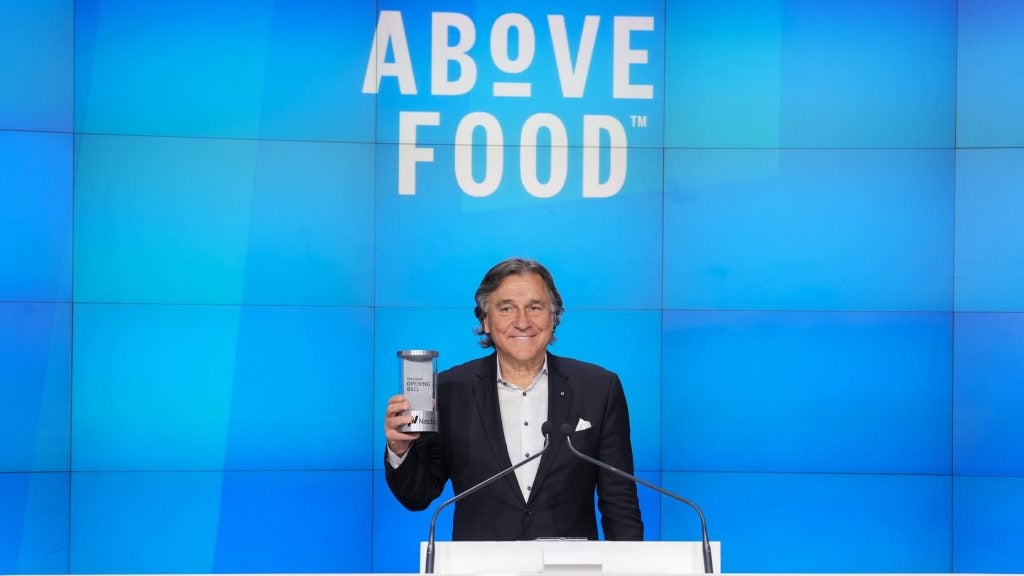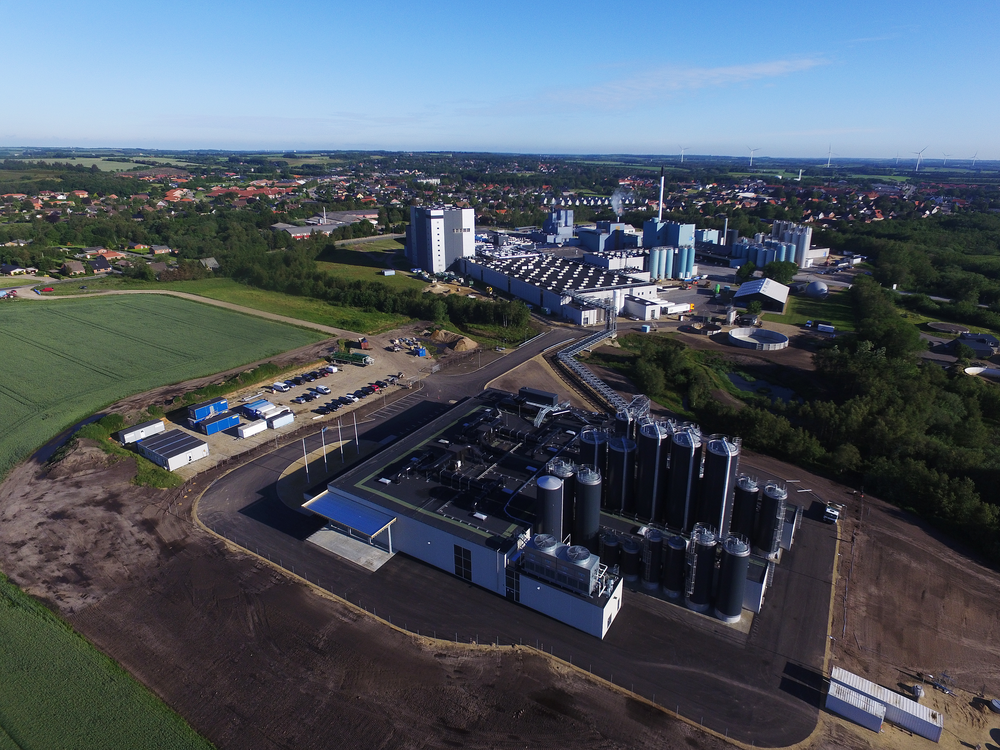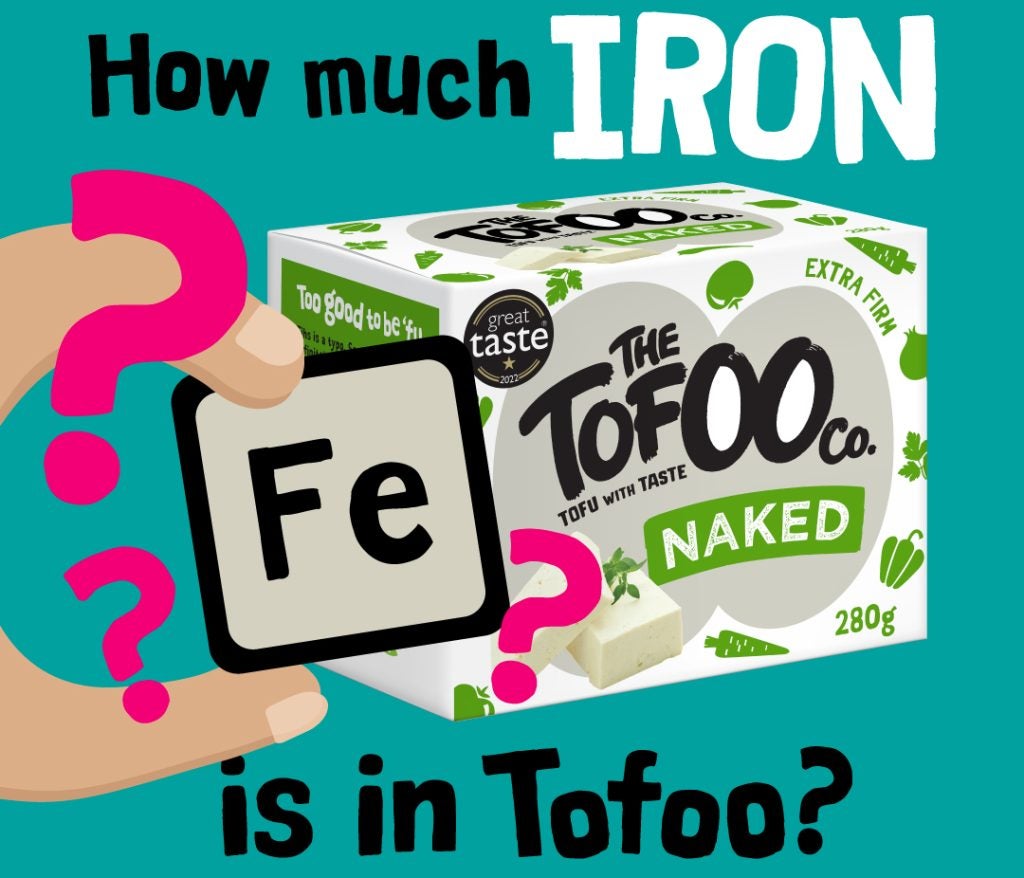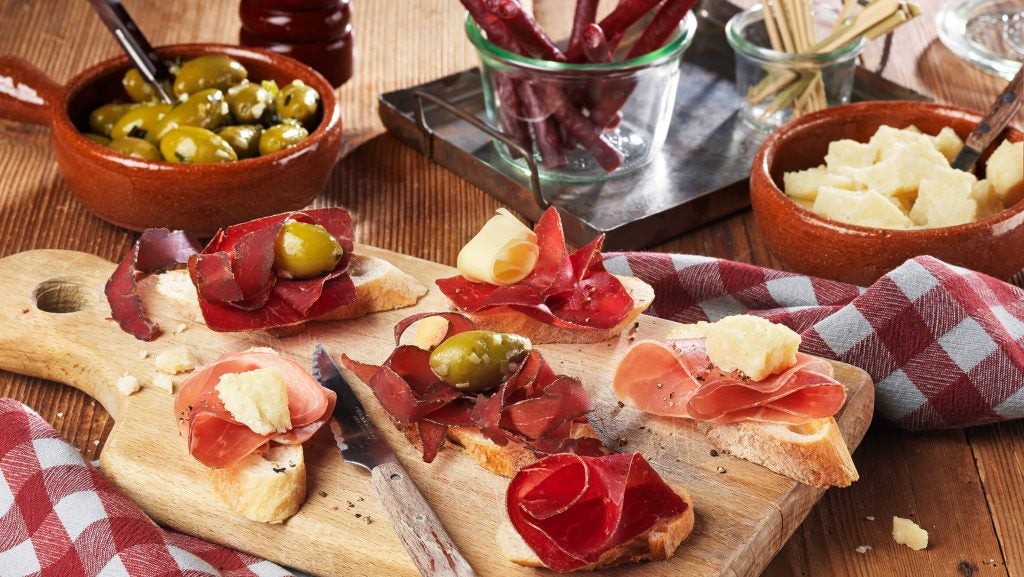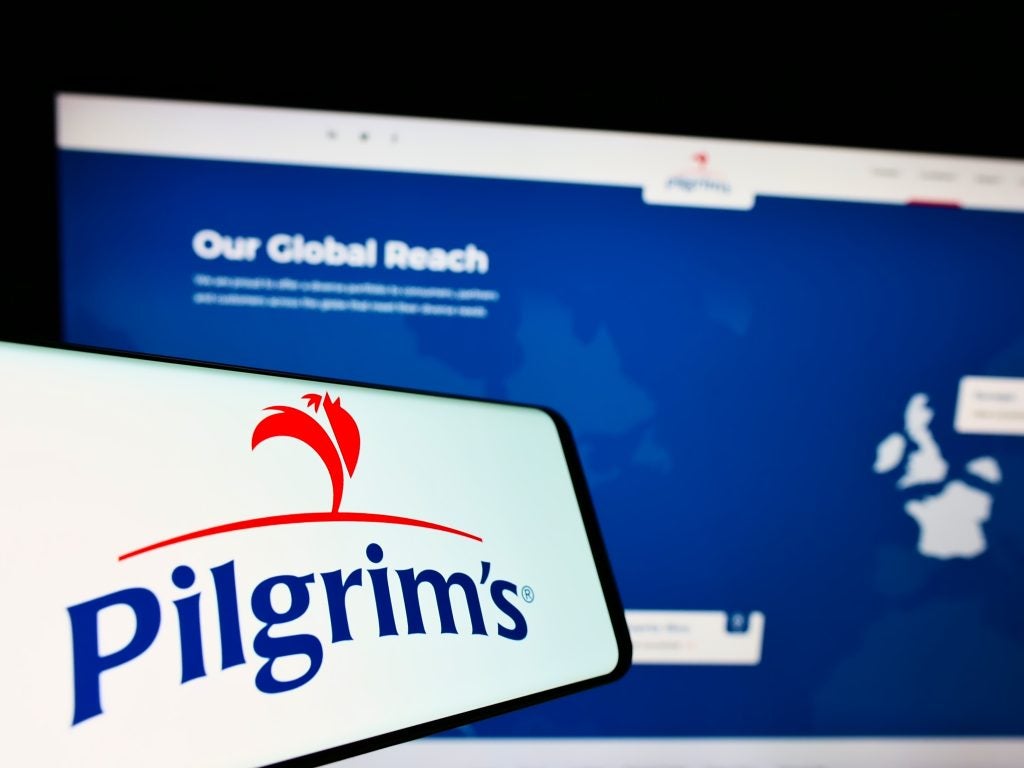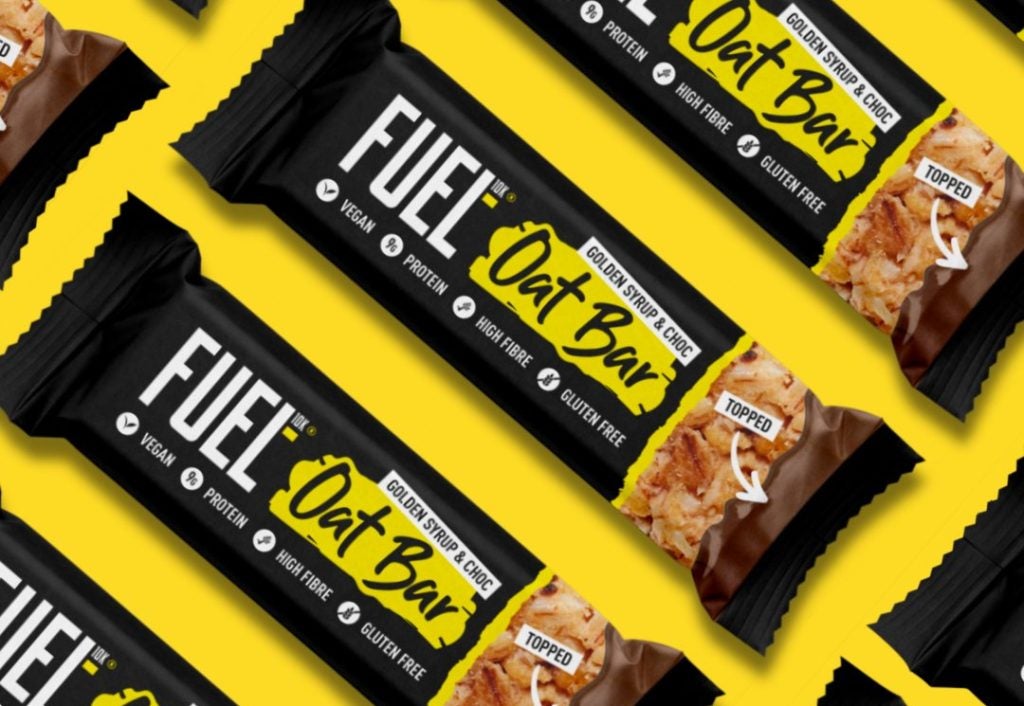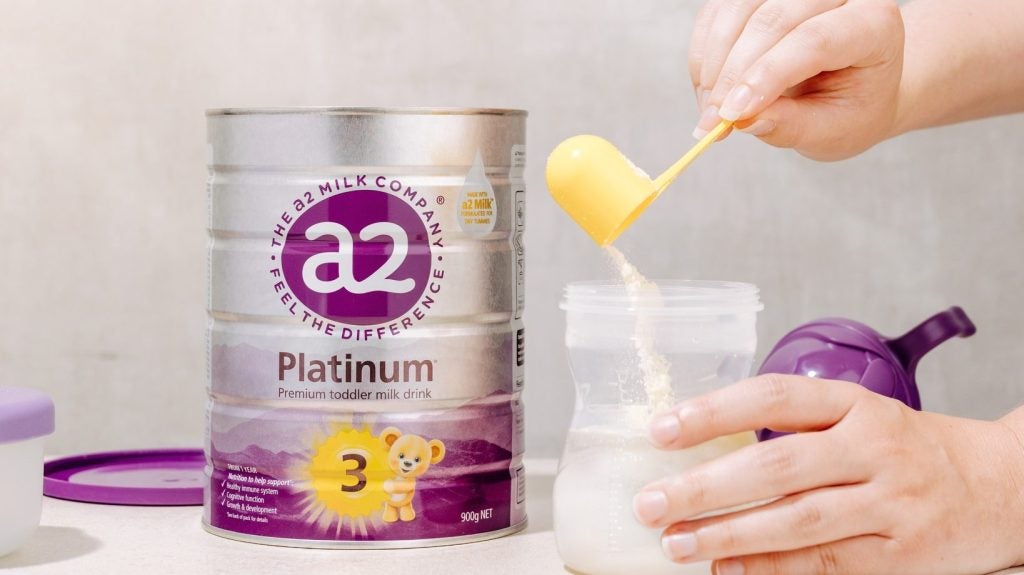Fresh from a Nasdaq debut in July through a merger with a SPAC vehicle, Above Food’s co-founder, president and CEO Lionel Kambeitz discusses the company’s push into private label and the wider business strategy.
Based in the Canadian city of Regina, Saskatchewan, Above Food is a farm-to-fork business focused on plant-based finished goods for retail and foodservice, and food ingredients such as seeds, grains and pulses.
On the end consumer product side, Above Food has been active in M&A, including a recent deal in the space for Spain’s Brotalia. In 2023, the company acquired Atlantic Natural Foods, the owner of the Tuno alternative-seafood brand, along with Only Oats and Culcherd. NorQuin was added to the stable of brands in 2022.
Last week, Above Food extended its reach in ingredients with the completion of the acquisition of The Redwood Group, which supplies chickpeas and pet-food components to manufacturers.
Simon Harvey (SH): What’s the largest part of the business – ingredients or finished goods?
Lionel Kambeitz (LK): The finished product side is the smallest part of the business - that's the evolving and growing part. The intent is to grow the private label side of the business over on the finished products.
But the origination of the grains and the ingredients, those two are the vast bulk of our sales revenue.
SH: You’re doing both branded goods and private label?
LK: Yes, and with a focus on converting brands to private label. We really are attempting to use those brands to create private label to move into the new private-label movement.
SH: Is there a preference or is the company doing private label and brands side by side?
LK: Brands, in our view, are a tremendous way to break into private label. They validate the product and they can demonstrate to our customers the quality that they're getting.
When these large, new private-label chains are out there, it's a good place to start by having a branded product.
SH: What is the percentage split for the business in terms of revenue?
LK: It'd be less than 10% for finished products and about 50% for the ingredients and 40% for origination, what we call disruptive-ag, or origination.
SH: What proportion is private label or is that classed within brands?
LK: That's within brands and that's within the 10%. Today, that's about split within that 10% of about half private label and half brands.
SH: What’s the target for private-label progression?
LK: At this time, we simply want to grow our percentage of revenue towards private label. We would like to keep our branded business relatively consistent and just have it move along organically. But we really want to spend our efforts in private label because when you own the entire value chain private label really works.
If we have an opportunity to enjoy the margins from producing the ingredients and we have an opportunity to take the margins from having the grain grown for us, we feel that private label with the full value chain is really the step in the future.
SH: What geographical markets are Above Food focused on?
LK: Canada and the United States and over in Mexico in CPG and private label. Our ingredients business can be quite centric, primarily in North America.
In our origination, disruptive-ag business, whole seeds are more global. We will ship and export speciality whole seeds to China, Singapore, a significant amount into Latin America, and some into Europe.
SH: What was the recent deal about with The Redwood Group?
LK: It supplies whole grains to the pet-food industry and ingredients. The Montana-based company also has a significant impact and influence in the chickpea business.
Of their $160 million of revenue, about $65m is for the pet-food industry. When we combine our pet-food business and the pet-food business we've acquired, it really becomes a substantial part of our total business, in excess of $100m a year.
SH: Can you give a sense of the revenues in branded and private label?
LK: Existing revenue is somewhere in the range of $275m to $300m for the total business. Approximately 10%, and growing to 15%, will be branded and private label.
SH: What do you see as the future for private label?
LK: We've certainly recognised in the last year this tremendous movement towards private label by existing retailers. And the new concept of entirely private label - I use Aldi as an example of that.
When we see the growth into private label in an effort to lower food costs, private label is certainly a way of doing that. And we have seen, and continue to see, a lot of growth in private label.
SH: What’s Above Food’s history?
LK: I as co-founder, with our family, and Tyler West were the original founders. And then when we combined the original business, which tended to be more on the disruptive-ag and origination side, we became a more integrated food company and we developed Above Food. Then we had two additional co-founders join our team. Back in 2016 was really the origin of the company.
SH: Are you seeking to conduct more M&A in branded or private-label food?
LK: Our M&A is going to be focused a little bit like the Redwood acquisition, which was very fundamental in terms of being close to the growers.
It'll also be focused on what we call the speciality crops, the boutique crops, such as chickpeas, quinoa, green peas, specialised lentils, canary seeds, some of those specialised crops that companies such as ourselves really see a tremendous future in.
SH: What about for finished products?
LK: We are going to be doing a small amount of M&A on finished goods but we have an opportunity to grow our finished goods to private label organically. Our assets are being utilised at about 35% today, so you're going to see a lot of organic growth to private label.
SH: How many plants does the business own?
LK: With the new acquisition of the Montana assets, we have five terminal and processing facilities that collect the grains, what I would call the rudimentary processing. Following that, we have two additional facilities that actually do finished goods processing, where it's being put in bags or cans or one or the other. Essentially, we're operating out of eight facilities.
SH: The plant-based product side seems quite diverse?
LK: We are significant suppliers of milled oats and of oat products, whole oats, groated oats and milled oat flour for dairy analogue oat milk. We supply that to oat milk manufacturers. And for the meat-analogue manufacturers, we do supply protein in whole seeds.
In seafood, we are a little more aggressive. We're working very hard to build out the Tuno brand in private label, particularly in the UK and in Europe. We really like where Tuno is going and can go. And we also like the fact that there's a movement to private label in Europe that's very aggressive.
We're not producing any finished goods on the plant-based meat and dairy analogues.
SH: Apart from Tuno, what other brands does Above Food have?
LK: Within pure plant-based, we have a significant lineup of brands under the Loma Linda brand and we have a significant lineup under the Farmer Direct Organic brand, and we have the Eat Up brand.
In the case of Loma Linda, we have ready-to-eat meals and meal pouches. If you look at Loma Linda’s history, it is the oldest plant-based brand in North America. It was set up by the Kellogg's brothers in 1892 and has been a continuation of that brand. And Loma Linda has been a very successful brand for us.
SH: You must have a lot of faith in plant-based given the ups and downs for the category?
LK: We have to differentiate plant-based. The first thing is better for you. Everybody wants to eat more plants in their diets. Perhaps the meat analogues have gone the other way but remember the plant-based industry, the core to this industry, the billions and billions of dollars, are products that are themselves eaten as plants. For example, peas, beans, lentils and quinoa, all of these grains that we consume in our regular diets.
People are looking for higher quality. They're looking for food security. They're looking for regeneratively grown. They really want to buy better-for-you foods.
These plant-based products that are higher protein, higher fibre, better functionality, there's a tremendous amount of room, and that's our core market. Our core market is to build better-for-you foods.
SH: How do you think the plant-based category is going to develop?
LK: I think there's going to be a continued development of pure plant products. Quinoa will continue to be developed and evolved as a rice replacement. I think we're going to see a tremendous increase in the bean and pea world. For example, chickpea being used as an ingredient for pasta, quinoa flour being used as an ingredient for the snacking industry.
I think we're going to see a significant improvement in quality of what would be some of these existing plant-based products.
If we look at the new analogues where you're creating either a dairy or a meat or a fish analogue, we like the growth of seafood. We think that seafood is going to continue to be pressured if there's significant environmental strains on many aspects of the seafood industry.
SH: Any plans to expand in seafood alternatives like Tuno?
LK: We absolutely do, which was part of our Brotalia acquisition in Spain. We are developing additional seafood products to roll out into the market. Following Tuno, certainly there's an opportunity for salmon. There's an opportunity for two or three other basic consumer seafood products that are really going to fare well.


